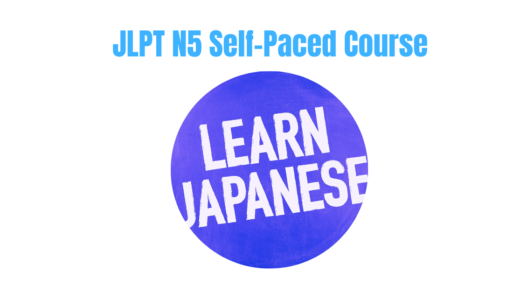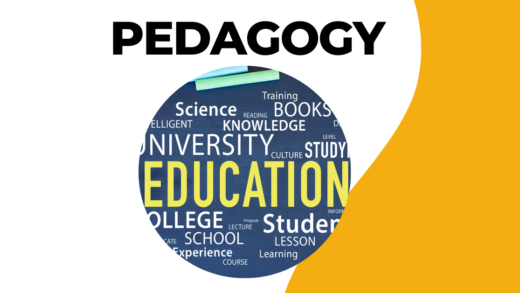“People’s beliefs about their abilities profoundly affect those abilities.”
by Albert Bandura
Observational learning or modeling
Have you ever experienced watching someone do something and imitate that action? When we observe other people, we learn from them and imitate their actions. This refers to Albert Bandura’s observational learning or modeling. My mom is one of the influencers in my life. When we were young, she would serve the whole family first and eat whatever was left. I never hear her complain. Now that I have my own family, I do the same. She respects and values her children’s individuality. She always motivates us to be our best.
Vicarious learning
Bandura postulated that behavior, cognition, and environment are intertwined. These are the factors affecting learning. In behaviorism, only the environmental factors are considered in an individual’s behavioral change, whereas, in Bandura’s social cognitive theory, personal qualities and behavior affect the way we learn tremendously.
One of the significant pillars of social cognitive theory is vicarious learning. It occurs when we observe the consequences of other people’s actions and adjust our behavior accordingly. When we observe behavior and identify its repercussions, cognition comes into play. Will the behavior do any more harm than good? Will it affect my integrity? From our point of view, we reshape our behavior; thus, learning transpires.
Reciprocal Determinism
Reciprocal determinism is also known as “triadic reciprocality” as it is composed of 3 essential factors that influence behavior.
- Personal factors (how the individual thinks and feels)
2. Behavior itself
3. Their environment
These essential factors are not independent elements. Instead, they impact each other. In behaviorism, the environment controls behavior changes without regarding the person’s mental state. There is a parallel relationship between the person and the environment. However, according to Bandura, environmental factors such as social stimuli alter the individual’s behavior, and then the behavior influences the environment.
Self-efficacy and Motivation
We learn from our experience. There is a saying that “experience is the best teacher.” Experience indeed is a great teacher. Through experience, you can hone your skills. Through experience, we learn. Through observing others, we learn as well. The observation of models is directly connected with knowledge acquisition. Absorption of knowledge is dependent upon the observer’s high level of self-efficacy. Self-efficacy refers to the person’s belief in their capacity to carry out a particular task.
Have you ever remembered a situation wherein you had to complete a difficult task, and how could you do it? What do you think were the factors that made you do so? What were you thinking? High self-efficacy is a proximal determinant that a person is likely to achieve what he has set to accomplish, whether it is about getting a high score on a test, becoming a top salesman, creating a new lunch menu to attract customers, etc.
Models and Mentors in My Life
|
Role Models and Mentors |
Their Contributions |
| Jim Rohn |
Although I haven’t met him in person, the podcast I am listening to impacted my thoughts tremendously. He talked about positive thinking, personal development, success, fundamentals of life, etc. His words resonate with me, and I make it a habit to make a reflection on my actions to ensure I am on the right path to attaining my future goals. |
| Tadashi Nakayama (my husband) | My husband is one of the people who impacted me a lot. I was a shy, timid lady before, but he taught me to be confident with my capabilities. One thing I am grateful I am incorporating into my job, which I learned from him, is the ability to think and work efficiently. |
| Aurea Duyan (my mom) | Having a positive mindset is a factor I learned from my mom. She’s my biggest motivator. |
| Chito Duyan (my dad) | A remarkable, intelligent man. He sees education as a stair to success. He always reminded us to pursue education as it is the only wealth we could give ourselves. |
| Julie Uchima (my friend) | She’s a knowledgeable lady whom I greatly respect. She taught me to always give my best at work. |
The type of role model I want to be for others (other learners)
- Patience.
Being patient in whatever you do gives you leeway to think of better options.
- Perseverance.
Whatever we do, no matter how complex the situation, perseverance pushes us to thrive and achieve our desired goals.
- Integrity. As an educator, I practice career/professional integrity. I have my own set of philosophies.
- Consistency.
Being consistent is a key to finishing a task. If you become constant and unstoppable, I assure you you will reach your goals.
- Critical thinking skills.
To be able to be competitive in the social world, being a critical thinker has an advantage.
What would your ideal education mentor be like?
Education for me is not purely academic. At school, we educators teach students how to behave appropriately. We teach them social skills in addition to school subject matters. An education mentor is not only a critical thinker but someone who understands individuality. Someone empathetic to the feelings of others. Someone who goes beyond teaching. A person who inspires others to always be the best version of themselves.



Recent comments